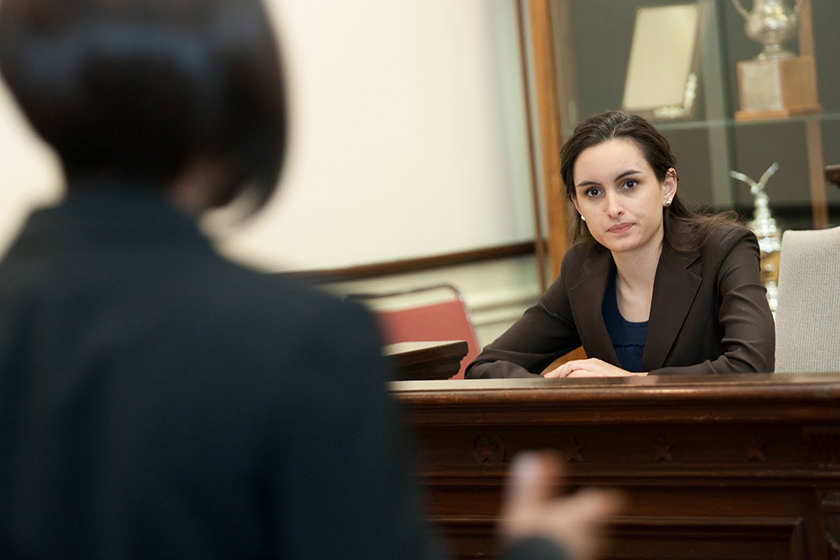Trump’s Anti-Muslim Plan Is Awful. And Constitutional.
Donald J. Trump’s reprehensible call to bar Muslim immigrants from entering the United States tracks an exam question I’ve been giving my immigration law students since Sept. 11. Would such a proposal be constitutional? The answer is not what you might think — but it also raises the issue of what, exactly, we mean when we say something is “constitutional” in the first place. In the ordinary, non-immigration world of constitutional law, the Trump scheme would be blatantly unconstitutional, a clear violation of both equal protection and religious freedom (he had originally called for barring American Muslims living abroad from re-entering the country as well; he has since dropped that clearly unconstitutional notion). But under a line of rulings from the Supreme Court dating back more than a century, that’s irrelevant. As the court observed in its 1977 decision in Fiallo v. Bell, “In the exercise of its broad power over immigration and naturalization, Congress regularly makes rules that would be unacceptable if applied to citizens.” The court has given the political branches the judicial …











